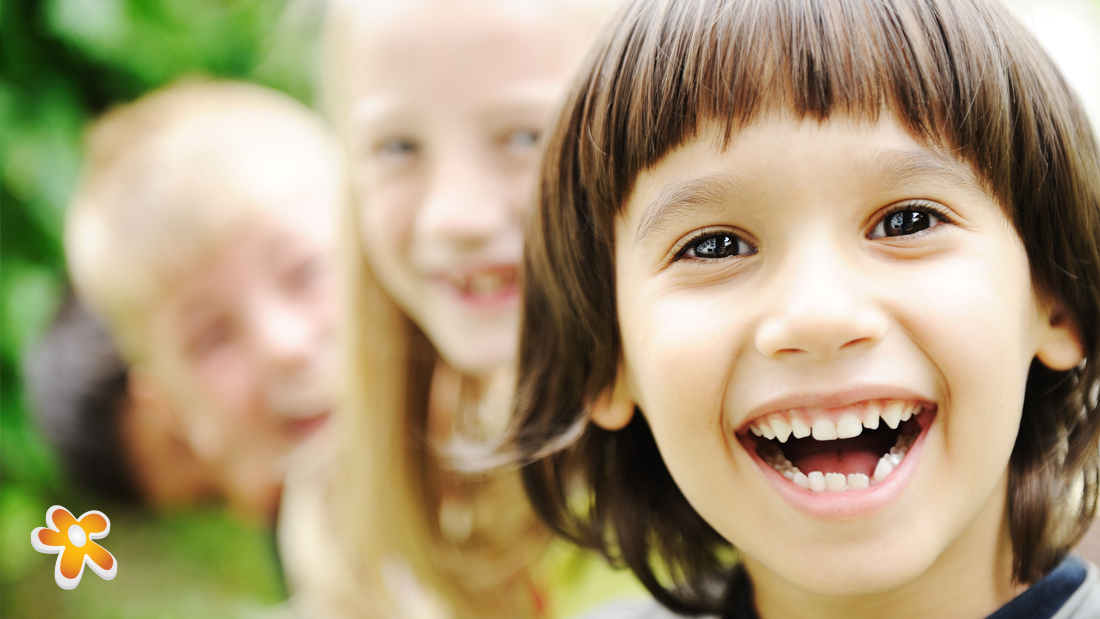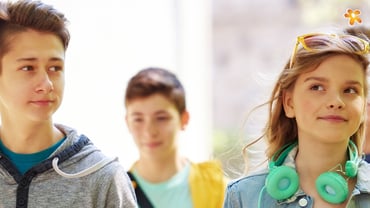Having good social skills are not only extremely important, but are necessary to accomplish everyday tasks, such as maintaining relationships and being successful at a job. Most children develop social skills beginning in infancy and they continue to flourish throughout childhood and young adulthood. Sometimes, in children with special needs, like those with Autism and Asperger’s, their social skills don’t develop at a typical rate, and they may need social intervention.
What Are Social Groups?
Social groups are just what they sound like, groups of kids put together in a social situation, with the idea that they will help each other develop and strengthen their social skills. Teachers often use social groups throughout the day during less structured activities, such as free-play, lunch, and outside play. They create a small group of children including the child who struggles socially, and children whose social skills are "on-level".
Social groups are not just a school activity. They also, don’t need to be a big fancy event either. As a parent, setting up playdates with other children is an easy way to help your child develop and grow their social skills. The main idea behind a social group is to help provide a natural situation where your child can communicate and learn from other kid’s, while having fun and making friends.
ALSO SEE: Teaching Social Skills to Children
How They Can Help
There are many benefits to encouraging social groups with your child and their peers, and not just for the child with special needs.
- They create new friendships. Often times with children, they like to stick to what they know. For a child who needs help socially, they often prefer solitary activities over group ones. Creating a social group around a shared interest between all involved is a great first step. They can help increase communication and social interaction that can create a bond and lead to new friendships, and the introduction to new topics and interests.
- They are less intimidating. Let’s face it, adults can be very intimidating to children. That’s why it is very important to have a social group in a less structured, more natural setting with other kids. You will get better results when the children are not being forced to interact and micromanaged about everything they say and do.
- It is a more natural way of learning. Children often learn best from example. Seeing other kid’s interact and communicate with each other, in a normal and laid-back situation, such as at lunch or while playing on the playground, provides a more realistic and natural social response.
Sources: Educationelf.net | ScienceDaily.com | MusicTherapyResearchBlog.com
Social Groups Benefit Everyone
Shandy Marso, Contributor



